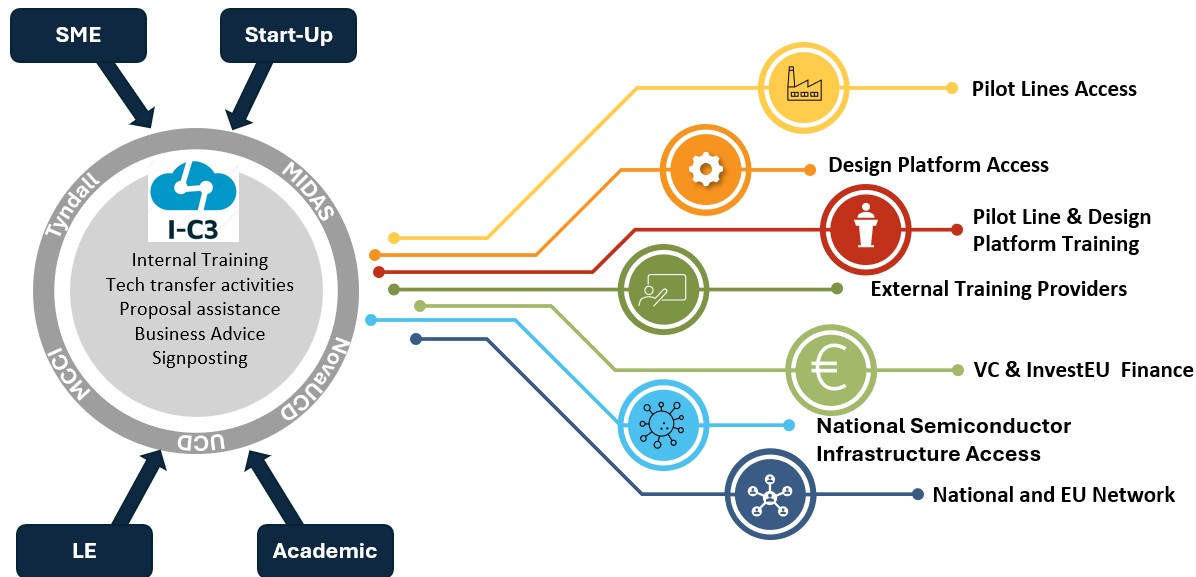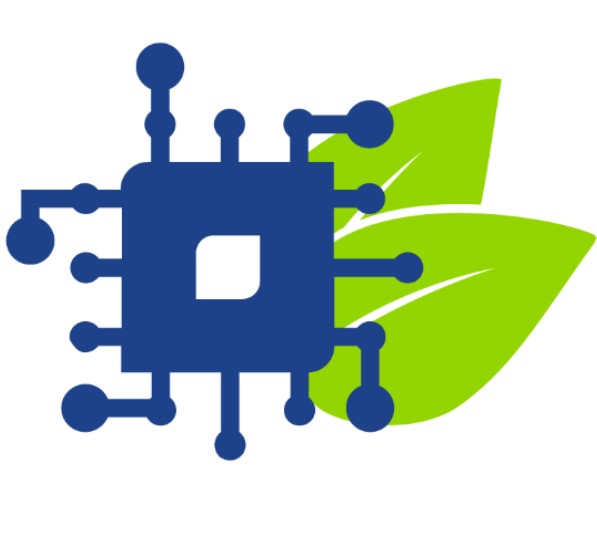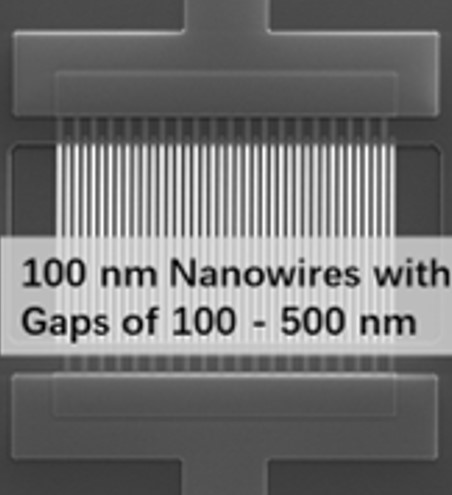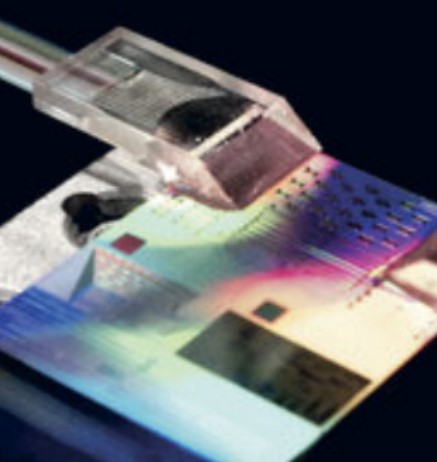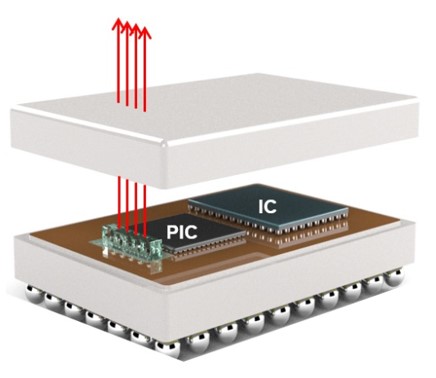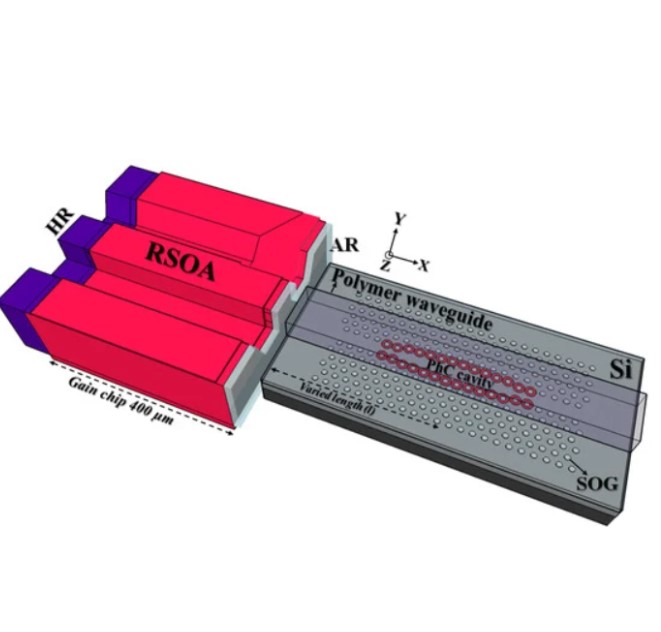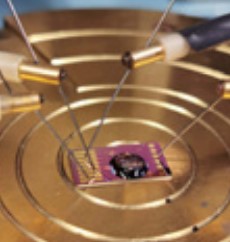EU Projects at Tyndall
At the EU Programmes Office in Tyndall, our goal is to strengthen our collaborative research efforts across the entire innovation chain, driving industry growth and delivering benefits to society as a whole. Our extensive network builds on partnerships with over 600 organisations to deliver value across several European programmes including Horizon Europe, Digital Europe, Public-Private-Partnerships (including the Chips JU), Erasmus+ and the Life programme. Tyndall is currently involved in many European projects and initiatives not only in the microelectronics and photonics sectors, but also in telecommunications, agriculture, energy, health and advanced manufacturing.
Further details on European projects currently involving Tyndall are provided below.
